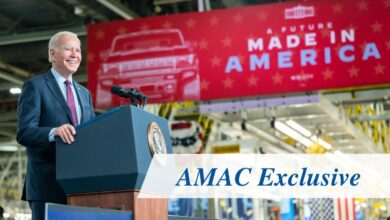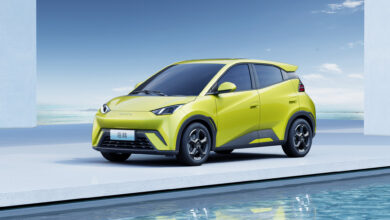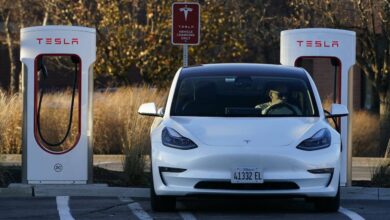China’s EV makers, unfazed by US, European export curbs, will push overseas vehicle shipments to new heights, analysts say

That would be enough for the country to defend its title as the world’s largest exporter of vehicles, after it beat Japan to clinch the top spot for the first time in history last year.
In 2023, Japan recorded overseas shipments of 4.42 million cars, up 16 per cent on the year.
“Now the challenge of overcapacity in China is coinciding with the development of Chinese car companies so that they have the credible products to compete in foreign markets, even mature ones,” said Stephen Dyer, Greater China co-leader and head of the Asia automotive practice at global consultancy AlixPartners.
“Electric vehicle (EV) battery suppliers have progressed to the point that they have a clear cost advantage, which substantially strengthens their global competitive position,” said Dyer.
In markets like Southeast Asia where EVs are gaining in popularity, Chinese cars are in a strong position to take the lion’s share of the market as local consumers actively replace their oil-guzzling cars with environment-friendly vehicles.
“Chinese EVs are flocking to fast-growing markets like Thailand in droves,” said Jacky Chen, general manager of carmaker Jetour’s international business. “We have the huge potential to unseat conventional carmakers’ leading positions there.”
Sun told the National Business Daily in April that EVs would account for 40 per cent of China’s vehicle exports in 2024. Their shipments are likely to reach 2.4 million units, double last year’s figure.
China is now the largest automotive and EV market worldwide, with deliveries of battery-powered cars representing about 60 per cent of the global total.
If BYD were to slice another 7 per cent, or 10,300 yuan (US$1,423), off the price of its hybrid and pure-electric cars, the profitability of the entire Chinese EV industry could turn negative this year, the US investment bank estimated.
Last September, the European Commission launched an investigation into foreign state subsidies, and is expected to impose tariffs higher than the standard rate of 10 per cent on Chinese-made EVs.
But Chinese-made EVs enjoy a big production advantage over their international rivals.
UBS predicted in a teardown report last September that the cost of building a BYD Seal car, a potential rival to Tesla’s Model 3, would be 25 per cent lower in Europe.
Bermuda is one of a minority of right-hand drive jurisdictions globally, creating a barrier for many carmakers.
“We come to the show because Chinese vehicles are so much more popular than any other international brands,” Labonte said. “[Bermuda] is a niche market, but it is a growing market that offers [Chinese EV makers] opportunities.”
For Chinese EV assemblers and supply-chain vendors, localising production in developed markets like Europe is also seen as an effective way to dodge the potentially higher tariffs.
Last month, state-owned Dongfeng Motor, the partner of Japan’s Nissan Motor and France’s Renault, said it was considering setting up a plant in Italy, Bloomberg reported.
Chery Automobile, another state-owned carmaker, based in East China’s Anhui province, has concluded a deal to build its first European factory in Barcelona’s Zona Franca industrial zone with Spain’s Ebro-EV Motors, according to a company statement on April 16.



